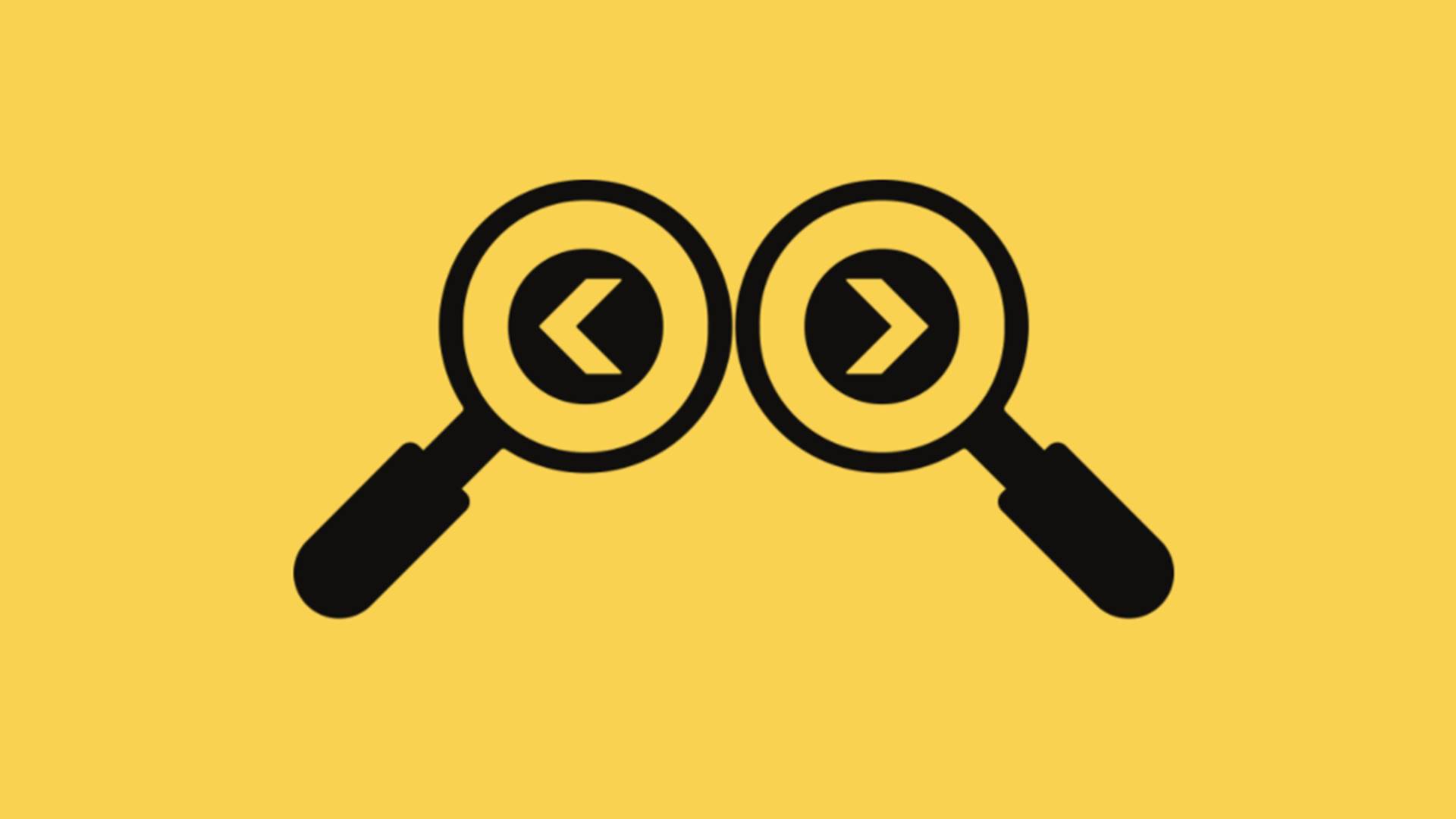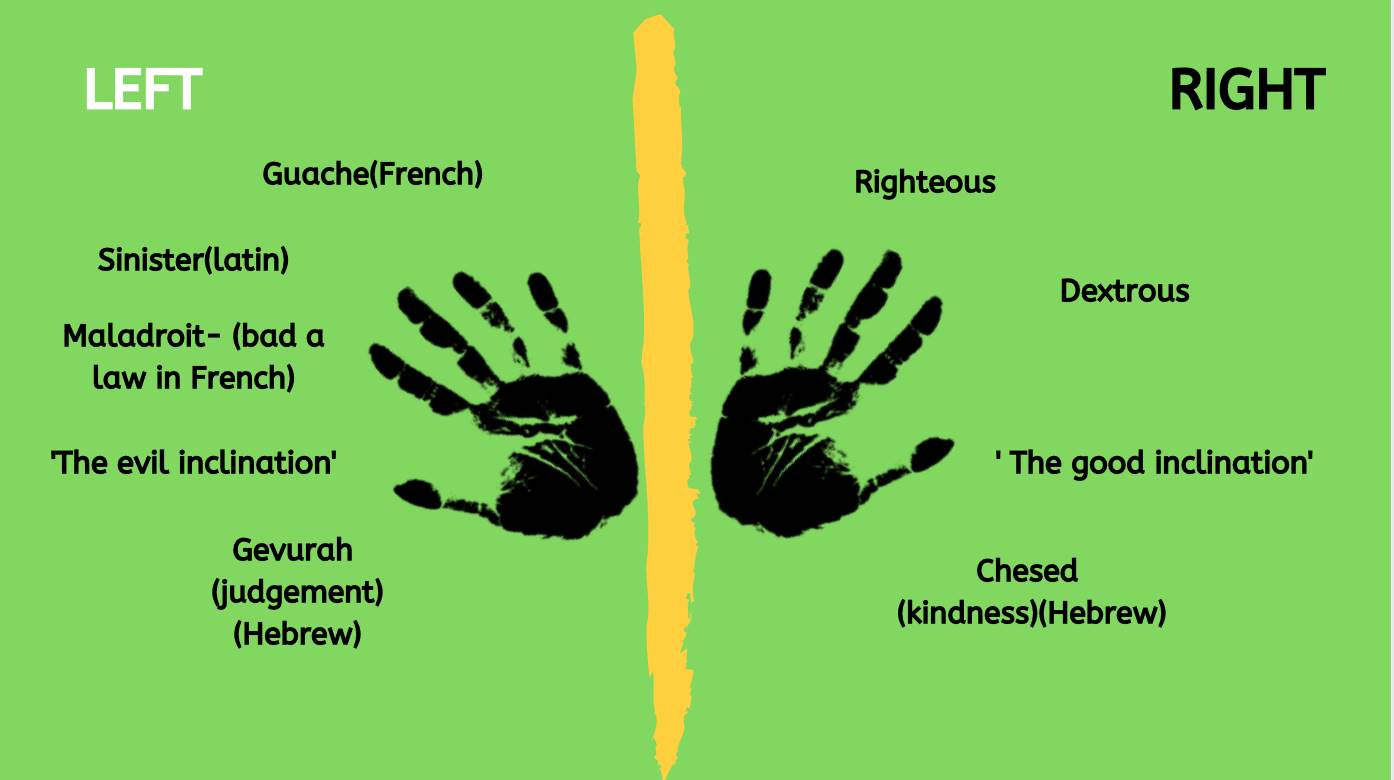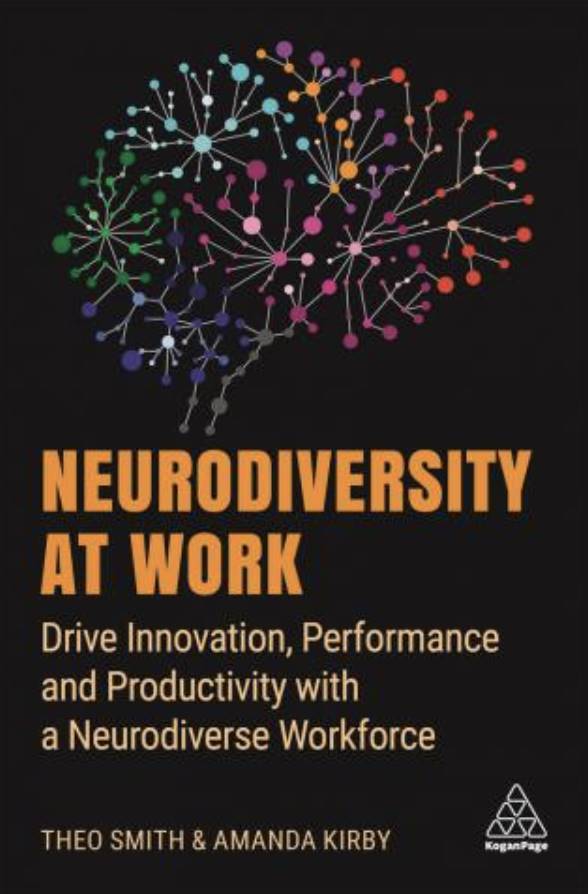We love a label and we love categorizing people

It always seems much easier for people to know what to do if you are X or Y.. and harder to understand if you are a bit of both or even a complex mix ( which is in reality all of us!)
Ian Hacking, a Canadian philosopher, describes a ‘looping’ effect in how we generate categories. He describes that sometimes scientists can categorize by providing a name for a set of attributes and then this group comes into existence. We see that challenges associated with reading, spelling, writing are called DYSlexia for example. ( Definition of Dyslexia)
I have been working as a researcher and clinician for more than 25 years and have seen how terms such as specific learning difficulties(SpLDs), (neuro) developmental disorders, and even terms like minimal brain dysfunction(MBD) and atypical brain disorder(ABD) has been used to describe groups of people who are cognitively diverse. Researchers have tried to clump as well as split categories to make sense of complexity. The words take on a life of their own. Despite the fact that the ‘umbrella term’ SpLD is not specific at all (and in reality only specific to the person!)
Categorization systems have developed to try and manage complexity. The Diagnostic Statistical Manual (DSM) was created to enable mental health professionals to communicate using a common diagnostic language. Its forerunner was published in 1917, primarily for gathering statistics across mental hospitals. It had the politically incorrect title ‘Statistical Manual for the Use of Institutions for the Insane’ and included just 22 diagnoses. The DSM was first published in 1952 when the US armed forces wanted a guide on the diagnosis of servicemen. ( The present one was published in 2013 and was version 5).
The first version of DSM (American Psychiatric Association diagnostic ‘bible”) had many concepts and suggestions that would be shocking to us today.
Specific groups of people were ‘pathologized’. Infamously, homosexuality was listed as a ‘sociopathic personality disorder’ and remained so until 1973! Autistic spectrum disorders were also thought to be a type of childhood schizophrenia ( Hans Asperger talked about ‘autistic psychopaths’ in 1938!). Today we have a very different view of the talents that autistic people bring to the world (and a good reason why we also don’t use Asperger’s eponym but talk about Autism Spectrum Conditions.)
Changes over time
Another example of changing perspectives and categorizations is how society used to view left-handed people. Abram Blau, a psychiatrist from New York City, wrote what was an influential book in the 1940s: The Master Hand: A study of the origin and meaning of left and right sidedness. He warned that, unless retrained, left-handed children risked severe and life-long mental and cognitive deficits.
The foreword to the book says “the point that sinistrality is in many cases only one symptom of an underlying personality disturbance should be an influence toward utilizing treatment techniques to deal with the total disturbance rather than with the single symptom”
This view is astounding to read today when we consider 10–15 percent of any population is left-handed. It also feels quite close to home as my grandson and husband are both left-handed. My late mother-in-law was also left-handed and was forced to write with her right hand in school and ridiculed for being a left-hander.

One person also told me that when they were in school in the 1960s they were regularly hit with a ruler if they wrote with their left hand, and another man told me that he was made to wear a sock on his left hand in school in the 1980s.
Neurodiversity- the rationale for taking a person-centered approach
Words and their meanings change over time
The words we use and how they are interpreted are important in how others perceive us. Though today we don’t see a left-handed person as being bad or good, some of the earliest negative associations with being lefthanded date from the 14th century and also relate to some measure of evil, foreboding, or malevolence. Also, the words for left are sinister in Latin and gauche in French.
Meanwhile, ‘right’ was always more positively associated with, for example, being ‘righteous’. However, it wasn’t all bad; the Bible mentions the higher numbers of left-handers from the tribe of Benjamin and this was seen as potentially conferring a strategic advantage in battle, somewhat like a left-handed tennis player or footballer today playing against a right-handed or footed opponent.
We also know of many famous and successful left-handers including Leonardo Da Vinci, Whoopi Goldberg, Lewis Carroll, David Bowie, Albert Einstein, and Aristotle!
Neurodiversity is all about our brains.. we are what we eat!
Wrong perceptions can have lasting consequences
What I am trying to show is that wrong framing around labels and people’s perception of what is in reality part of human variability has real consequences for many.
We need to look back to understand what we have done (and not forget), learn from it, and now look forward. The concept of neurodiversity can allow this to happen if we want it to OR it could become synonymous with a disability, difficulties, and deficits.
As Aristotle said: “Your attitude, not your aptitude, will determine your altitude.”
We can change the words, again and again, but what we need to change is our vision of what the future looks like.
Amanda is CEO of Do-IT Solutions a tech-for-good company that delivers web-based screening tools that help deliver person-centered solutions. She has a family of wonderfully neurodivergent people with a range of talents and challenges.
Amanda is bringing out a book shortly with the wonderful Theo Smith.
Neurodiversity at Work

Napomena o autorskim pravima: Dozvoljeno preuzimanje sadržaja isključivo uz navođenje linka prema stranici našeg portala sa koje je sadržaj preuzet. Stavovi izraženi u ovom tekstu autorovi su i ne odražavaju nužno uredničku politiku The Balkantimes Press.
Copyright Notice: It is allowed to download the content only by providing a link to the page of our portal from which the content was downloaded. The views expressed in this text are those of the authors and do not necessarily reflect the editorial policies of The Balkantimes Press.
